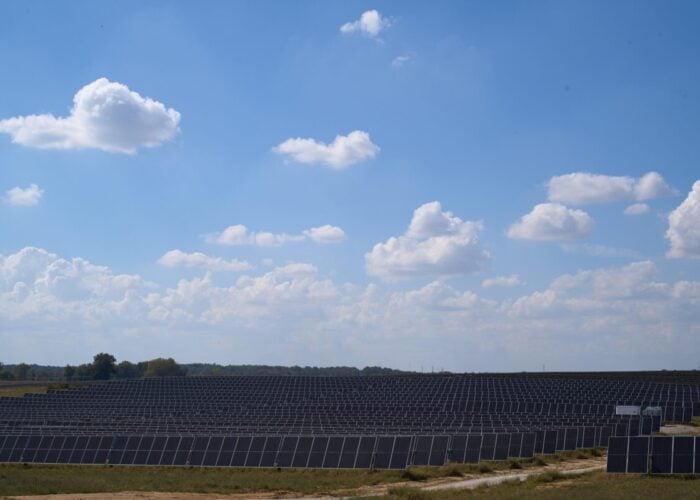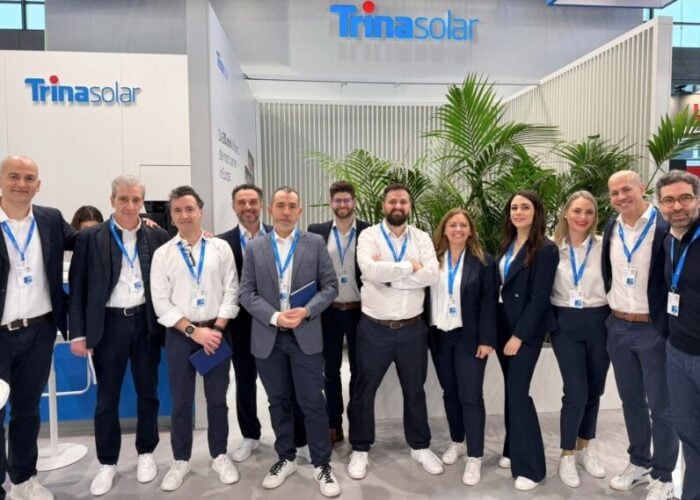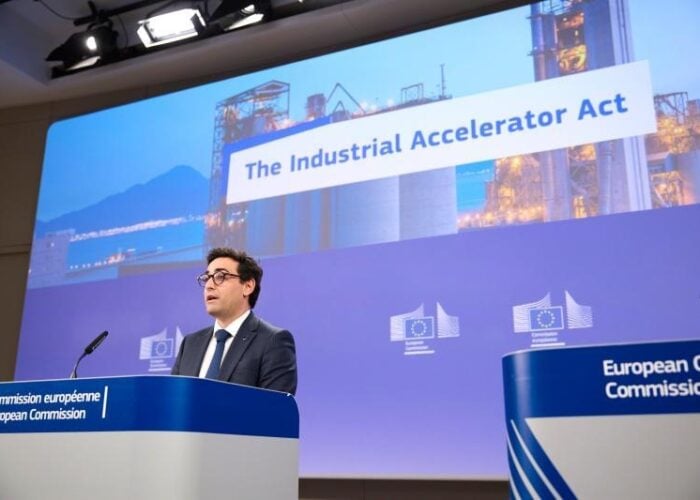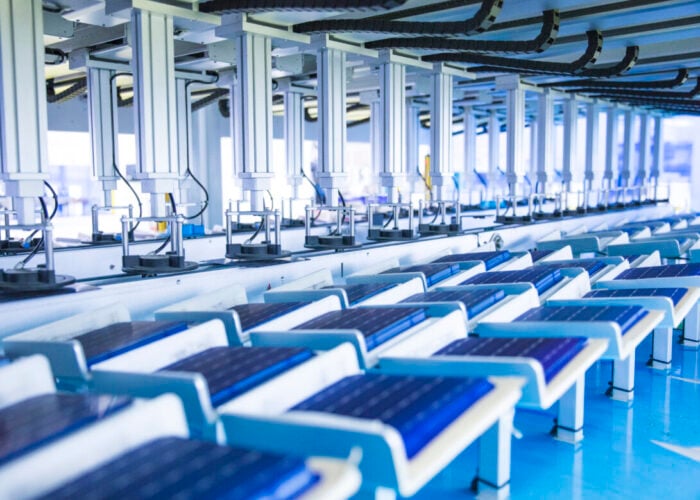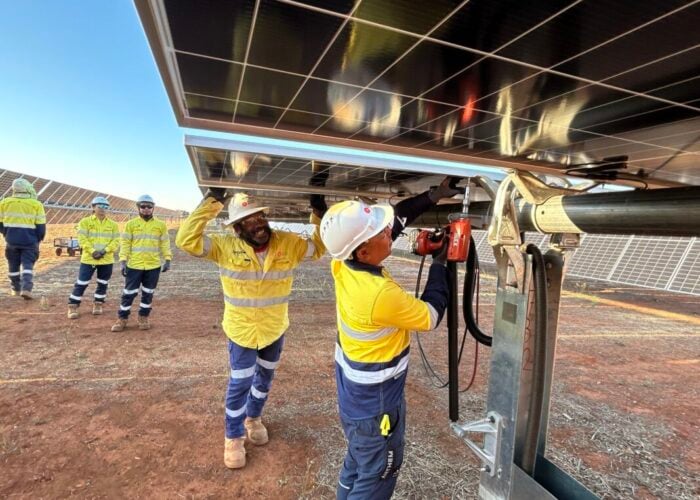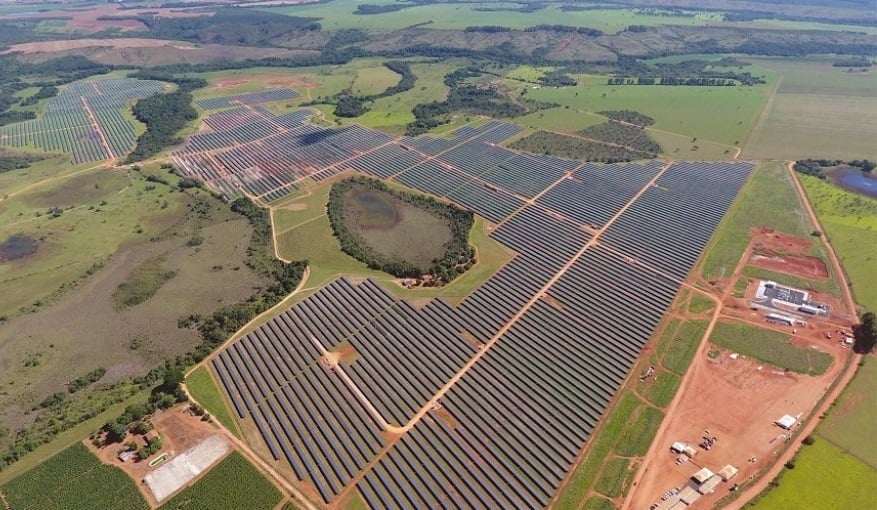
Solar manufacturer Canadian Solar has signed a 7GW module supply agreement with EDF Renewables North America.
Canadian Solar will ship 7GW of its N-Type Tunnel Oxide Passivated Contact (TOPCon) modules to EDF from the manufacturer’s new factory in Mesquite, Texas. The facility will produce 5GW of modules annually at full capacity, with operations expected to begin near the end of 2023. The deal will run between 2024 and 2030.
Try Premium for just $1
- Full premium access for the first month at only $1
- Converts to an annual rate after 30 days unless cancelled
- Cancel anytime during the trial period
Premium Benefits
- Expert industry analysis and interviews
- Digital access to PV Tech Power journal
- Exclusive event discounts
Or get the full Premium subscription right away
Or continue reading this article for free
Tristan Grimbert, president and CEO of EDF Renewables North America said: “The module supply agreement demonstrates our commitment to domestic sourcing and represents a pivotal step for EDF Renewables, enabling us to achieve key milestone dates and execute a schedule for the construction of our robust solar pipeline.”
TOPCon modules offer increased power output efficiencies, lower temperature coefficient and greater bifaciality compared with mono-PERC (passivated emitter rear contact) modules, Canadian Solar said. Last year, it predicted that TOPCon technology would account for around 30% of its total shipments in 2023 and would form the core of its production focus in the future.
TOPCon products – along with heterojunction technology (HJT) – are increasing their market share in the PV industry. Fellow Canadian module manufacturer Heliene announced plans last month for a 1.5GW/1GW TOPCon cell and module production facility in Minnesota, and Solar Module Super League (SMSL) member Trina Solar told PV Tech that it would specifically focus on the transition to n-type products in the future. Canadian Solar is also an SMSL member.
Shawn Qu, chairman and CEO of Canadian Solar said: “We are excited to work with EDF Renewables North America as we bring a stable supply of clean and reliable solar energy to the U.S. market, powered by solar modules made locally, under the backdrop of the Inflation Reduction Act (IRA).”
The US PV industry has been trying to decipher the domestic content guidance under the IRA recently, which proposes a 40% cost-based domestic production threshold for solar projects to be eligible for an extra 10% tax credit. This is likely impossible without domestic cell production.


